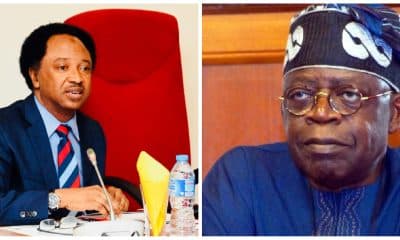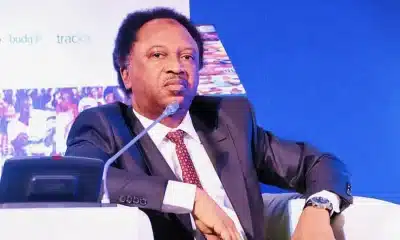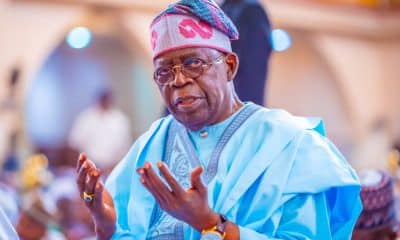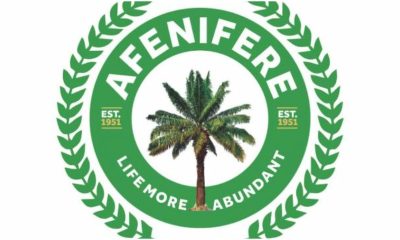Nigeria News
Fuel Crisis: Petrol Landing Cost Reaches ₦978 Per Litre As Scarcity Persists
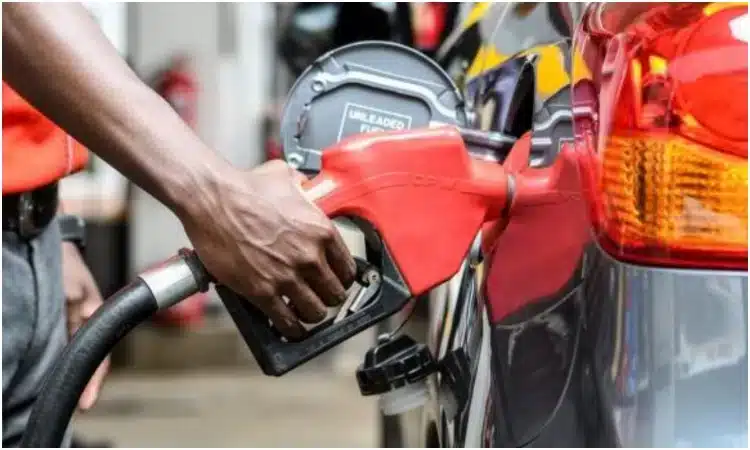
Nigerians continue to struggle with petrol scarcity as the landing cost of Premium Motor Spirit (PMS), commonly known as petrol, has escalated to an astonishing ₦978 per litre.
With a black-market exchange rate of ₦1,500 per dollar, Naija News findings report that the landing cost of petrol, inclusive of its international price, shipping, insurance, and other costs, has jumped from ₦720 per litre in October 2023 to ₦978 per litre.
On Monday, the naira hit a three-month low of ₦1,530 per dollar on the parallel market, driven by increased demand for the dollar by end-users. This represents a 0.65 percent (₦10) decline compared to ₦1,520 quoted on Friday in the black market. The local currency was quoted at ₦1,572 per dollar on July 9, 2024, according to FMDQ data.
Further findings revealed that the landing cost of ₦978 per litre excludes Nigerian Ports Authority charges, vessel charges, Nigerian Maritime Administration and Safety Agency charges, and other distribution costs. Some of these costs are in dollars, prompting calls for a review to reduce petrol prices.
During his inaugural speech on May 29, 2023, President Bola Tinubu declared the end of petrol subsidies, a policy swiftly implemented by the NNPC the following day.
Before Tinubu’s declaration, the pump price of petrol was below ₦190 per litre. However, it surged to over ₦500 per litre following the president’s statement and rose again to over ₦600 per litre a few weeks later.
Despite the federal government’s repeated denial of any petrol subsidies, a report submitted to President Tinubu by Finance Minister Wale Edun, and seen by BusinessDay, indicated government projections on subsidies.
The report projected that fuel subsidies would cost approximately ₦5.4 trillion in 2024, up from ₦3.6 trillion budgeted for 2023.
Finance Minister Edun told reporters that subsidy removal is an ongoing process, indicating that complete removal has not yet been achieved.
“It is an ongoing conversation and process to ensure that fuel subsidies are eliminated from the Nigerian economy. That is the president’s intent and what is being worked towards,” Edun stated in a May interview.
On Tuesday, motorists endured long queues at the few filling stations dispensing petrol, while black market prices soared to between ₦1,000 and ₦1,100 per litre. Some retail outlets raised the pump price to ₦900 per litre, particularly in Abuja, Nasarawa, and Niger.
Naija News reports that the NNPC Limited attributed the queues to recent thunderstorms and logistical challenges disrupting activities at fuel-loading jetties. However, the company assured that it is working with stakeholders to resolve the situation and clear the queues.
President of the Petroleum Products Retail Outlets Owners Association of Nigeria, Billy Gillis-Harry, confirmed that the NNPC had assured marketers that the issue was being addressed. However, he noted that the queues might persist for a few more days, especially in locations far from major depots.
“Once loading resumes, it takes several days to clear the queues. Remember, stations in Abuja receive products from Lagos, Oghara, Warri, Port Harcourt, or Calabar, which requires more than three days for turnaround,” he explained.
Regarding NNPC’s claim that thunderstorms had disrupted loading at jetties, Gillis-Harry stated, “As far as we know, there is a supply glitch being addressed by NNPC.”
He emphasized that to achieve a lasting solution to fuel scarcity and queues in Nigeria, the government and NNPC must collaborate with downstream oil sector operators.
“We recommend that NNPC establish a clearly defined council comprising all stakeholders with grassroots knowledge of the business. This way, discussions and projections can be based on empirical evidence and data-driven plans,” he concluded.



